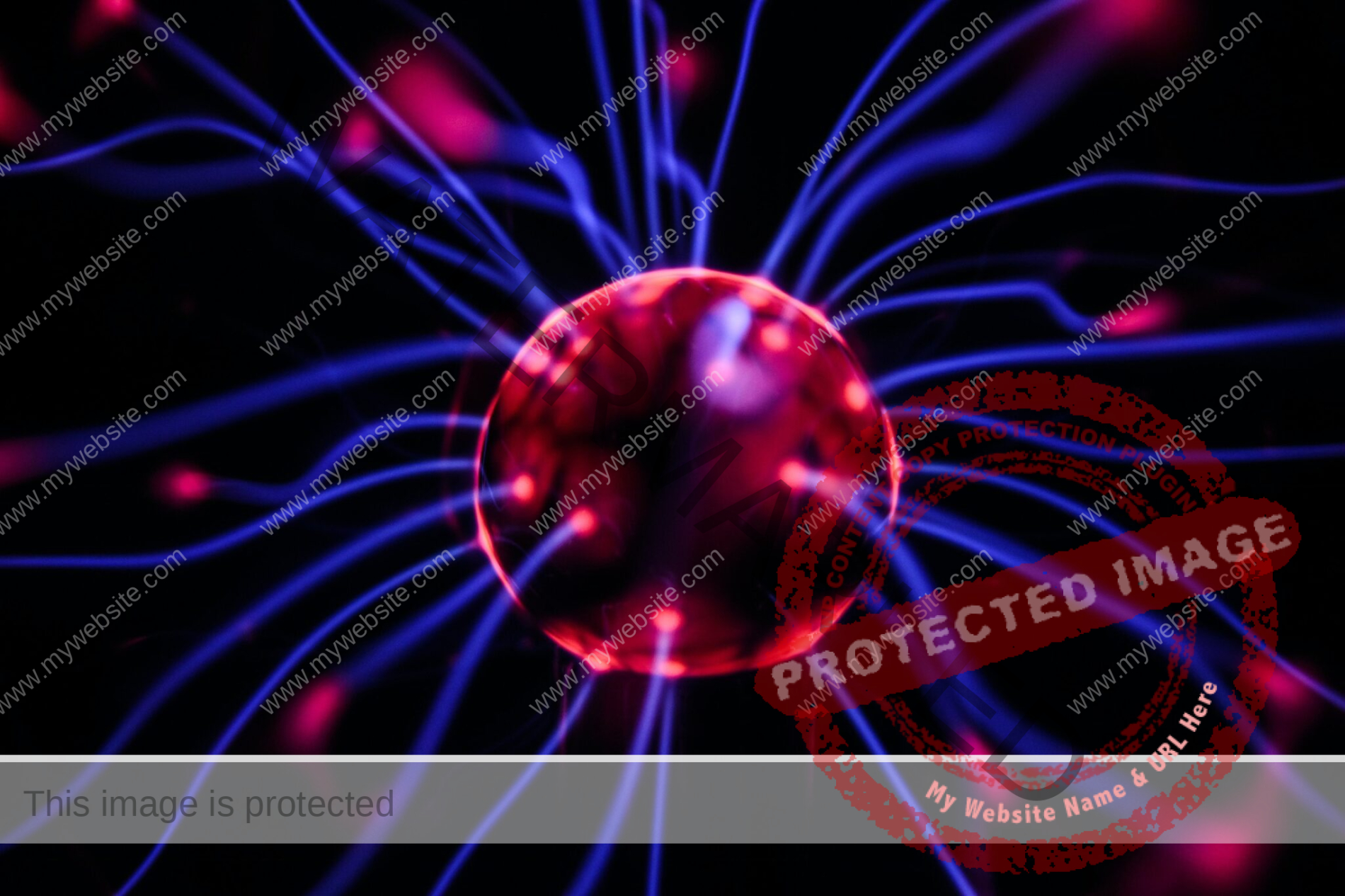
Unveiling the Mysteries: Does Psilocybin Reduce Brain Activity?
29 May 2023
In recent years, the exploration of psychedelic substances and their potential therapeutic applications for depression and its ability to enhance creativity has gained significant attention. Psilocybin, a compound found in certain species of mushrooms, has been the subject of intense research and intrigue.
As more people attend psilocybin retreats, discussions on the effects of psilocybin unfold, one question frequently arises: Does psilocybin reduce brain activity? In this blog post, we will delve into this captivating question and explore the dynamic and positive aspects of psilocybin’s impact on brain activity.

Understanding Psilocybin and Its Effects
Psilocybin is a naturally occurring psychedelic compound found in certain species of mushrooms, commonly known as “magic mushrooms.” When consumed, psilocybin is converted into psilocin, which interacts with serotonin receptors in the brain. This interaction leads to alterations in perception, mood, and cognition, often resulting in profound experiences.
Contrary to the notion that psilocybin reduces brain activity, recent studies using functional magnetic resonance imaging (fMRI) have indicated a different pattern.
In fact, research suggests that psilocybin enhances brain connectivity and promotes neuroplasticity. In a groundbreaking study conducted by Carhart-Harris et al. (2014), it was observed that psilocybin increased the communication and synchronisation between brain regions that are typically not strongly connected.
This phenomenon, known as “ego dissolution,” allows for novel and more flexible thinking patterns, potentially fostering personal growth and transformation.
The Default Mode Network: A Key Player
To understand the effects of psilocybin on brain activity, it is crucial to examine the role of the default mode network (DMN).
The DMN is a network of brain regions that are active when an individual is engaged in self-referential thinking, mind-wandering, or introspection. Overactivity in the DMN has been associated with conditions such as depression, anxiety, and addiction.
Research has shown that psilocybin has the potential to modulate the DMN. Initial studies by Carhart-Harris et al. (2012) revealed that psilocybin decreases the functional connectivity within the DMN, leading to a temporary reduction in self-referential thoughts and increased mindfulness.
Interestingly, this reduction in DMN activity is believed to facilitate a sense of ego dissolution, enabling individuals to transcend their usual thought patterns and gain new perspectives.

Neuroplasticity and Therapeutic Applications
Psilocybin’s ability to enhance brain connectivity and promote neuroplasticity holds immense promise for therapeutic applications. Neuroplasticity refers to the brain’s ability to reorganise and form new connections, a process crucial for learning, memory, and emotional well-being.
Studies exploring the use of psilocybin in the treatment of mental health conditions, such as depression and post-traumatic stress disorder (PTSD), have shown promising results.
For example, a clinical trial conducted by Grob et al. (2011) demonstrated that psilocybin-assisted therapy reduced anxiety and depression in patients with terminal cancer. Similar studies have indicated significant and sustained reductions in symptoms after a single dose of psilocybin in individuals with treatment-resistant depression.
The therapeutic effects of psilocybin can be attributed, in part, to its ability to disrupt rigid patterns of thinking and facilitate a “reset” in the brain. By temporarily reducing brain activity within the DMN, psilocybin allows individuals to explore new perspectives, process emotions, and break free from ingrained thought patterns that contribute to mental health issues.
Moreover, psilocybin has also been shown to enhance emotional well-being, increase openness, and foster a sense of connectedness. A study by Griffiths et al. (2016) demonstrated that psilocybin administration, combined with psychotherapy, led to significant improvements in spiritual well-being, life satisfaction, and positive behaviour changes.

Conclusion
In conclusion, the notion that psilocybin reduces brain activity is an oversimplification of its complex effects. Rather than suppressing brain activity, psilocybin appears to modulate it in a way that promotes enhanced connectivity, neuroplasticity, and profound shifts in consciousness.
The temporary reduction in activity within the default mode network allows individuals to transcend their usual thought patterns, leading to transformative experiences and potential therapeutic benefits.
While more research is needed to fully understand the mechanisms and long-term effects of psilocybin, the preliminary findings are undeniably intriguing. Psilocybin-assisted therapy holds immense promise for addressing mental health conditions and enhancing well-being, offering new avenues for treatment that go beyond traditional approaches.
As society continues to embrace the therapeutic potential of psychedelics, it is crucial to approach this field with open-mindedness, scientific rigour, and a commitment to further exploration.
By dispelling myths and embracing the dynamic and positive aspects of psilocybin’s impact on brain activity, we can unlock new frontiers in mental health care and personal growth.
Keywords: psilocybin, reduce brain activity, psychedelic substances, therapeutic applications, alterations in perception, mood, and cognition, functional magnetic resonance imaging (fMRI), brain connectivity, neuroplasticity, default mode network (DMN), ego dissolution, self-referential thinking, mind-wandering, introspection, depression, anxiety, addiction, mental health conditions, post-traumatic stress disorder (PTSD), treatment-resistant depression, emotional well-being, openness, connectedness, transformative experiences, psilocybin-assisted therapy, scientific rigour, personal growth.
Bibliography:
Carhart-Harris, R. L., et al. (2014). The entropic brain: a theory of conscious states informed by neuroimaging research with psychedelic drugs. Frontiers in Human Neuroscience, 8, 20. doi: 10.3389/fnhum.2014.00020
Carhart-Harris, R. L., et al. (2012). Neural correlates of the psychedelic state as determined by fMRI studies with psilocybin. Proceedings of the National Academy of Sciences, 109(6), 2138-2143. doi: 10.1073/pnas.1119598109
Grob, C. S., et al. (2011). Pilot study of psilocybin treatment for anxiety in patients with advanced-stage cancer. Archives of General Psychiatry, 68(1), 71-78. doi: 10.1001/archgenpsychiatry.2010.116
Griffiths, R. R., et al. (2016). Psilocybin produces substantial and sustained decreases in depression and anxiety in patients with life-threatening cancer: A randomized double-blind trial. Journal of Psychopharmacology, 30(12), 1181-1197. doi: 10.1177/0269881116675512


